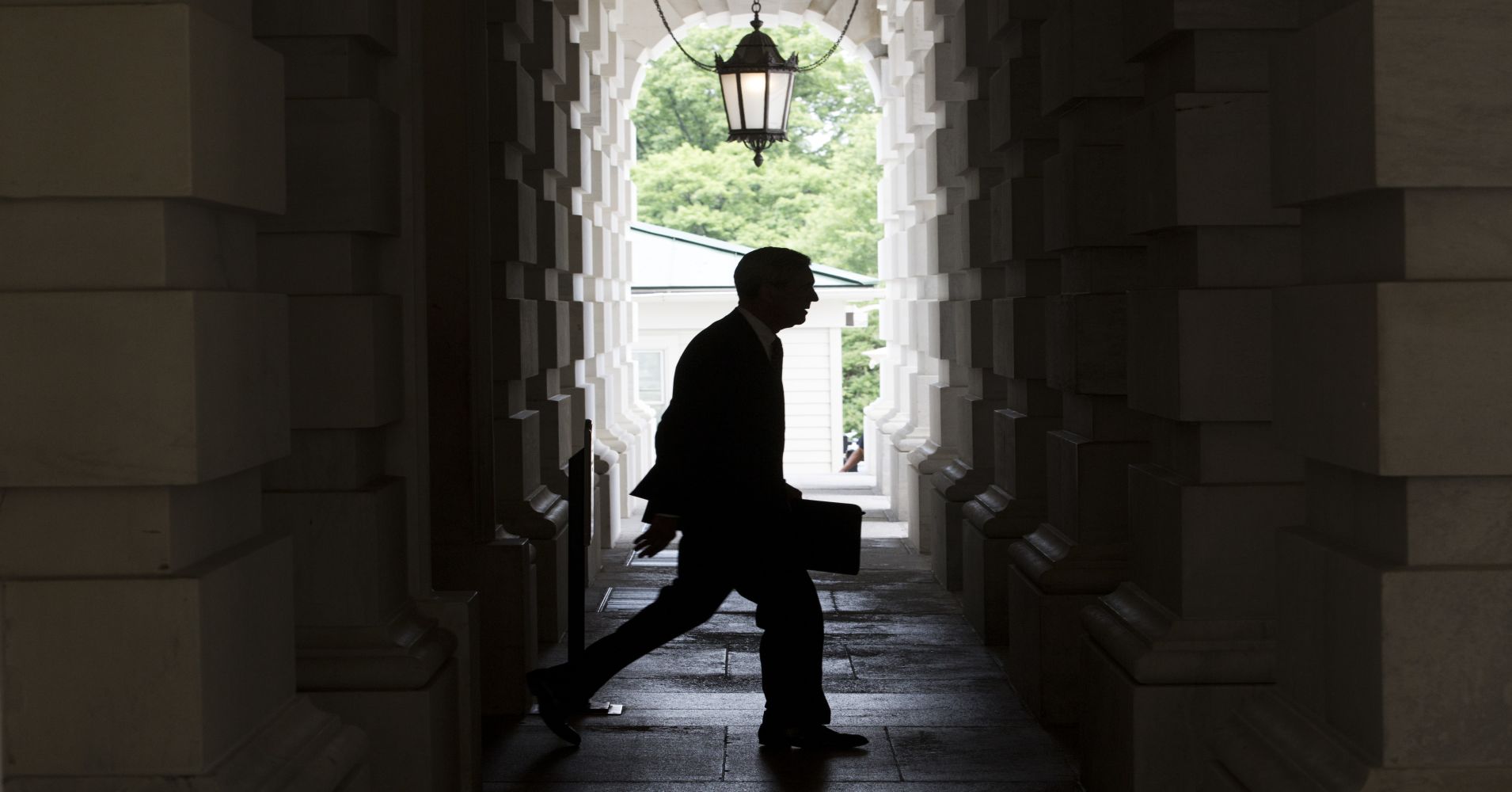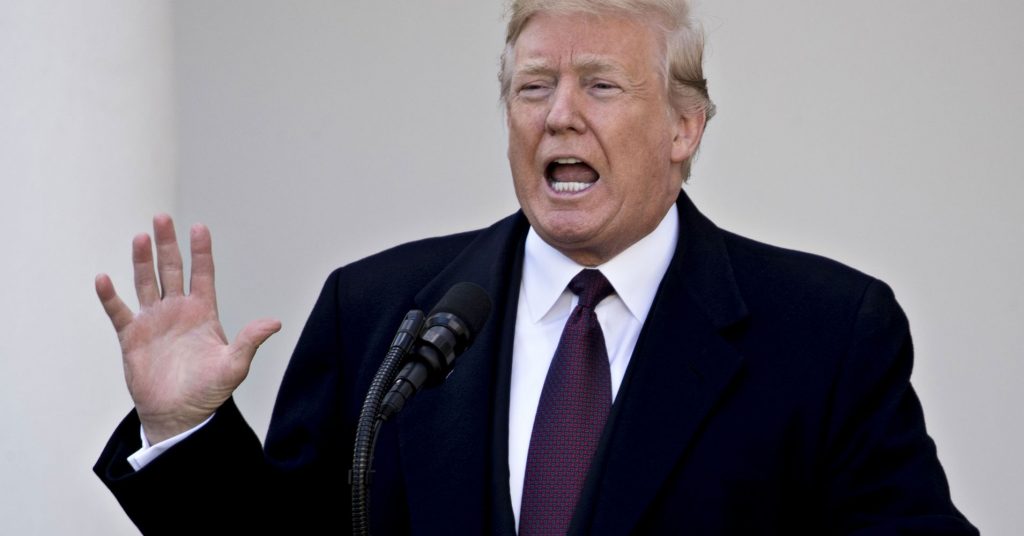
Special counsel Robert Mueller’s report was released to the public Thursday. Here it is.
The document is 448 pages long. CNBC is reviewing it now.
Here are some key findings:
- Mueller did not subpoena President Donald Trump because it would create a substantial delay at a late stage in the investigation.
- Mueller concluded that Congress can make a determination on whether Trump committed obstruction of justice.
- The report says there is “some evidence” that Trump knew about Michael Flynn’s calls with the Russian ambassador, but evidence was “inconclusive.”
- There was “substantial evidence” that Trump’s firing of FBI Director James Comey was due to Comey’s “unwillingness to publicly state that the president was not personally under investigation.”
- Mueller said that his investigation found that the Trump campaign “expected it would benefit electorally from information stolen and released through Russian efforts” even though the probe did not establish collusion.
- The special counsel accepted the Office of Legal Counsel’s view on indicting a sitting president when making a determination about whether Trump obstructed justice. Apart from that precedent, Mueller’s team “recognized that a federal criminal accusation against a sitting President would place burdens on the president’s capacity to govern and potentially preempt constitutional process for addressing presidential misconduct.”
Please check back for updates.
The redacted version of the report comes less than a month after Barr released a four-page letter summarizing what he called the “principal conclusions” in Mueller’s report, including that the investigation did not find any conspiracy or coordination between the Trump campaign and Russia.
Barr also said that Mueller’s report “did not exonerate” the president regarding obstruction of justice, but he and Deputy Attorney General Rod Rosenstein concluded there wasn’t sufficient evidence to charge Trump.
The attorney general’s summary was made public March 24, two days after Mueller delivered the report to the Justice Department. Democrats, particularly majority lawmakers and committee chairs in the House, have been pressuring Barr to release the full report, without redactions.

